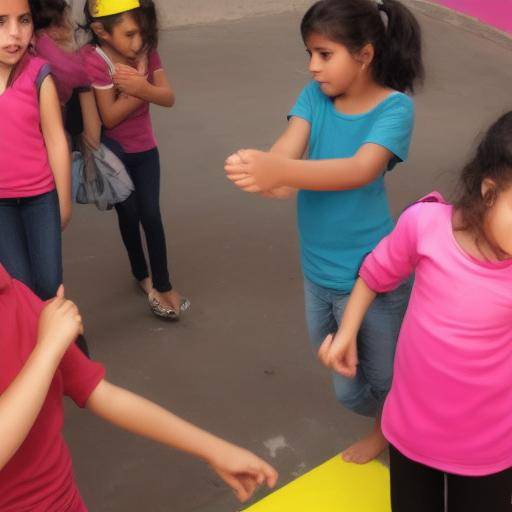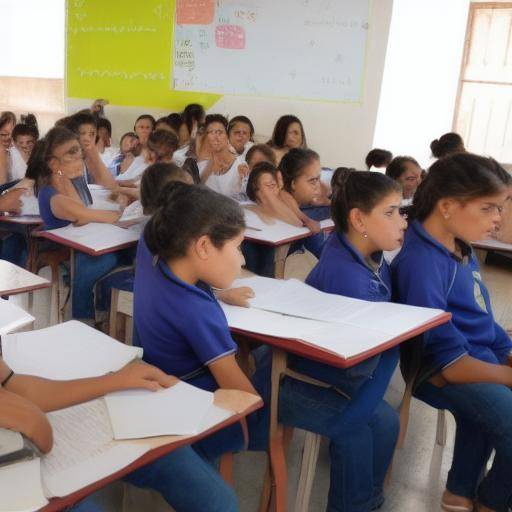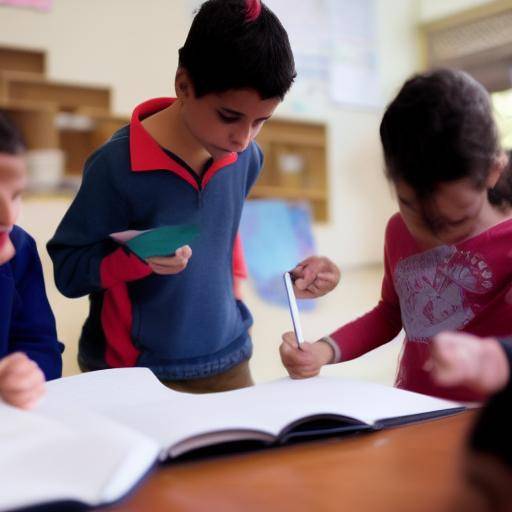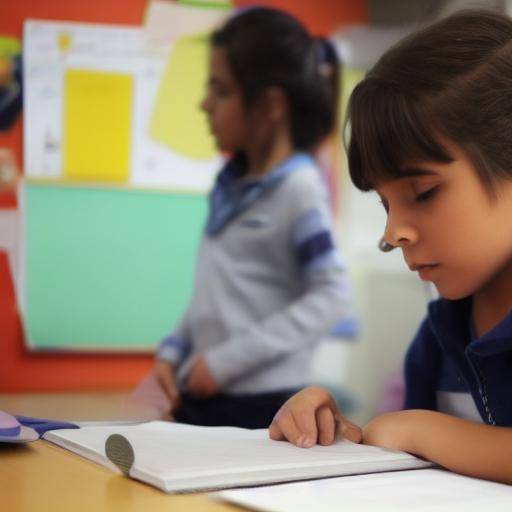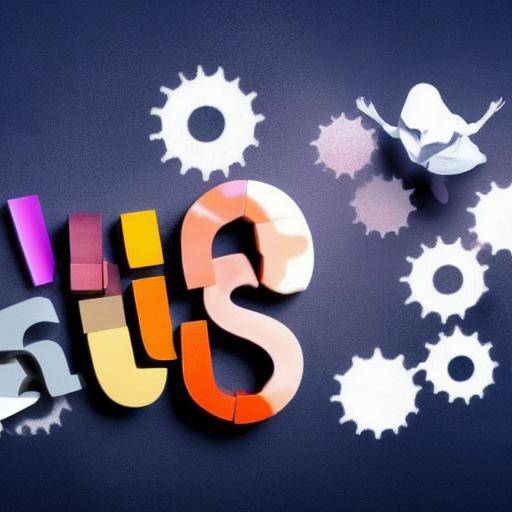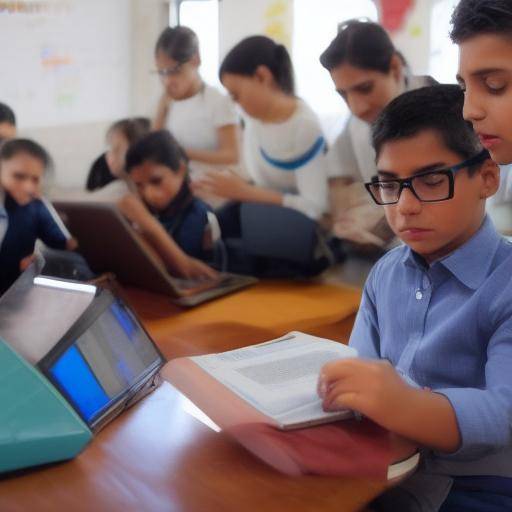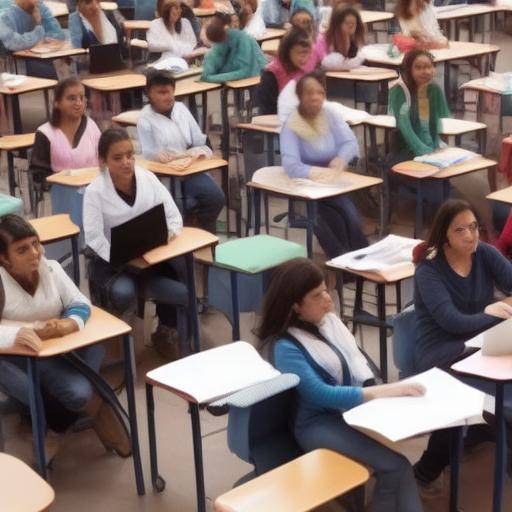
Introduction
Inclusive education is a fundamental pillar for the development of equitable societies and the prosperity of communities that value diversity. In this context, educational assistants play a crucial role in ensuring that all students, regardless of their particular skills or needs, receive quality education. In this article, we will explore in depth the positive impact that educational assistants have on promoting inclusive education. We will analyse its historical contribution, the current landscape, benefits, challenges, best practices, and future trends in this area.
History and Background
The origins of inclusive education go back to social movements that advocated equal opportunities in the educational sphere for people with disabilities. Over time, significant milestones have been achieved in the struggle for the full integration of all students in schools. The figure of the educational assistant has evolved in parallel, moving from a merely assistance role to becoming a fundamental part of the educational process of students with special needs. Since the Declaration of Salamanca in 1994, which laid the foundations for inclusive education worldwide, educational attendees have to present a significant transformation.
Analysis in Deep
The impact of educational assistants on inclusive education is extensive and diverse. Its presence in the classrooms allows individual attention, adapted to the specific needs of each student. Training in diversity, inclusion and teaching methodologies trains them to work in inclusive environments, fostering the active participation and integral development of students with functional, intellectual or sensory diversity.
Close collaboration with teachers, families and health professionals contributes to the implementation of inclusive strategies, creating an enabling environment for the learning of all students. Educational assistants act as facilitators and mediators, promoting self-esteem, autonomy and positive social interaction, which is fundamental to the emotional and cognitive development of students with special needs.
Comprehensive review
The application of best practices in the field of educational assistants has proved to be highly beneficial to the education system as a whole. Through ongoing and up-to-date training programmes, their ability to address the changing needs of students is strengthened, adapting to the demands of an ever-evolving inclusive educational environment.
At the same time, it is crucial to recognize the challenges they face, such as overload, lack of resources or lack of knowledge about their work. To ensure their positive impact, it is necessary to provide them with the necessary tools and support to play their role effectively and satisfactorily.
Comparative analysis
Compare the models of educational assistants and their impact in different educational contexts allows to identify similarities and differences that enrich the global understanding of the effectiveness of their work. The exchange of experiences among different educational systems results in a broader and more enriching approach that promotes the adoption of best practices at the international level.
Future and Conclusion Councils
In conclusion, educational assistants play an essential role in creating inclusive educational environments, where all students can develop their potential to the maximum. Its ability to adapt, collaborate and promote diversity in classrooms represents an incalculable value for society as a whole. In order to optimize their impact, it is essential that they be fully recognized, formed and supported, ensuring that their contribution continues to enrich the lives of students with special needs.
FAQs
What does an educational assistant do?
Educational assistants provide individualized support to students with special needs in inclusive educational settings. Their tasks may include classroom assistance, adaptation of educational materials, facilitation of social interaction and support in specific tasks.
What is the importance of educational assistants in inclusive education?
Educational assistants play a vital role in ensuring that students with special needs receive the necessary support for their comprehensive development. Their presence in inclusive educational environments contributes to equal opportunities and the promotion of diversity.
What are the challenges facing educational assistants?
Among the most common challenges are overwork, lack of resources, and the need for continuing training and support to address the changing needs of students.
How do educational assistants form?
The training of educational assistants often includes aspects related to diversity, inclusion, and educational support techniques. This training may vary according to the educational context and the specific needs of the students to whom it is addressed.
What is the impact of educational assistants on the development of students with special needs?
Educational assistants have a significant impact on the development of students with special needs by providing individualized support, fostering their autonomy and promoting their active participation in the educational environment, which contributes to their integral development.
How can parents and the community support the work of educational assistants?
The support of parents and the community is essential for the work of educational assistants. Active collaboration between families and educational professionals results in an enabling environment for the development of students with special needs.
Conclusion
Educational assistants play an indispensable role in promoting inclusive education, ensuring that all students have the opportunity to receive quality education. Its positive impact extends far beyond the educational sphere, enriching society as a whole. It is essential to recognize, value and support their work to ensure that they continue to contribute significantly to the development and well-being of students with special needs.












